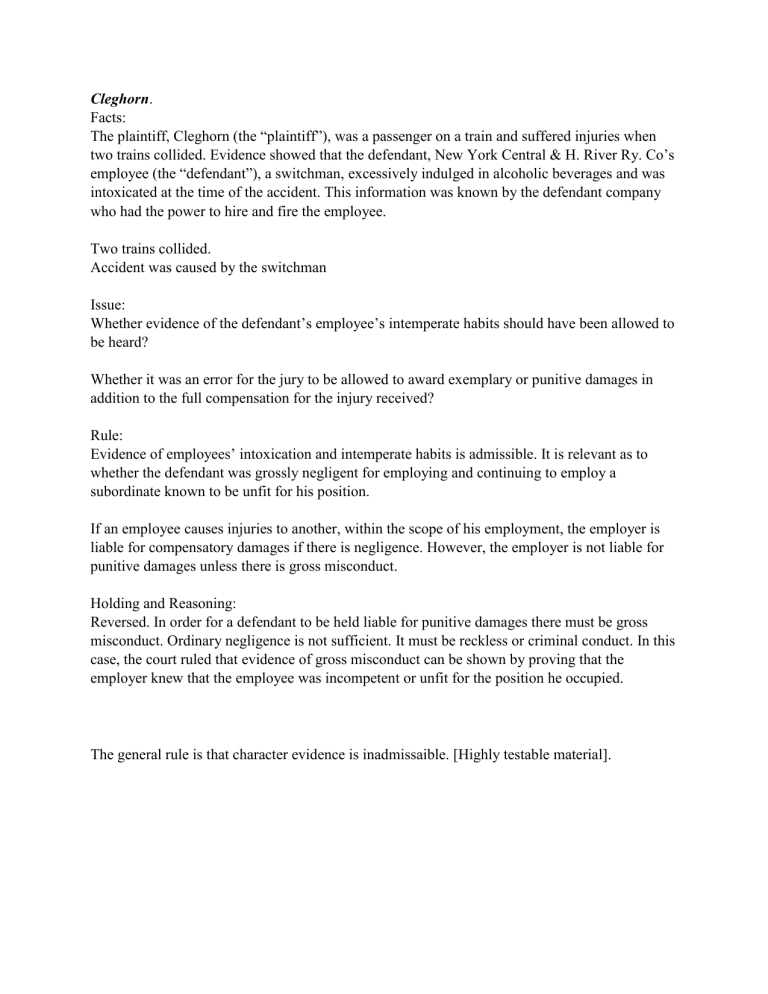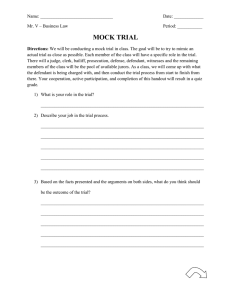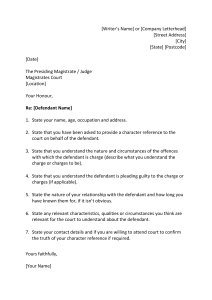
Cleghorn. Facts: The plaintiff, Cleghorn (the “plaintiff”), was a passenger on a train and suffered injuries when two trains collided. Evidence showed that the defendant, New York Central & H. River Ry. Co’s employee (the “defendant”), a switchman, excessively indulged in alcoholic beverages and was intoxicated at the time of the accident. This information was known by the defendant company who had the power to hire and fire the employee. Two trains collided. Accident was caused by the switchman Issue: Whether evidence of the defendant’s employee’s intemperate habits should have been allowed to be heard? Whether it was an error for the jury to be allowed to award exemplary or punitive damages in addition to the full compensation for the injury received? Rule: Evidence of employees’ intoxication and intemperate habits is admissible. It is relevant as to whether the defendant was grossly negligent for employing and continuing to employ a subordinate known to be unfit for his position. If an employee causes injuries to another, within the scope of his employment, the employer is liable for compensatory damages if there is negligence. However, the employer is not liable for punitive damages unless there is gross misconduct. Holding and Reasoning: Reversed. In order for a defendant to be held liable for punitive damages there must be gross misconduct. Ordinary negligence is not sufficient. It must be reckless or criminal conduct. In this case, the court ruled that evidence of gross misconduct can be shown by proving that the employer knew that the employee was incompetent or unfit for the position he occupied. The general rule is that character evidence is inadmissaible. [Highly testable material].

